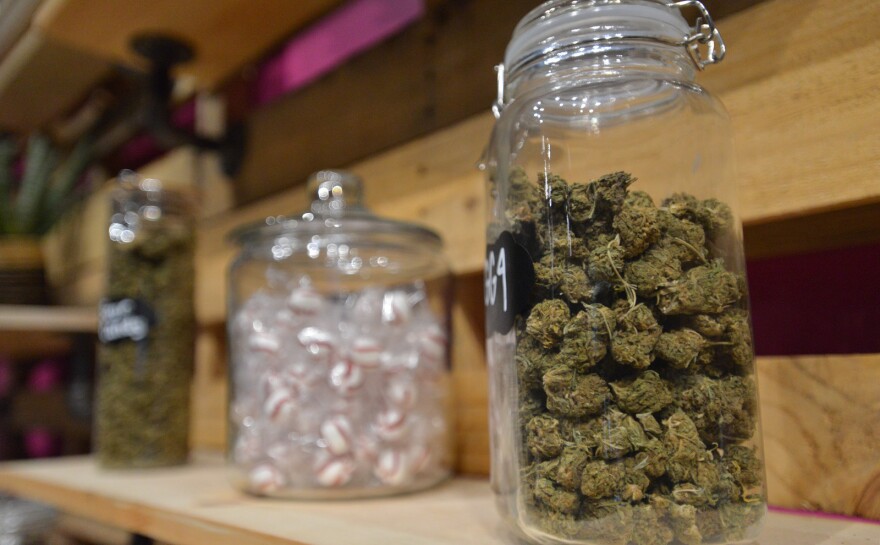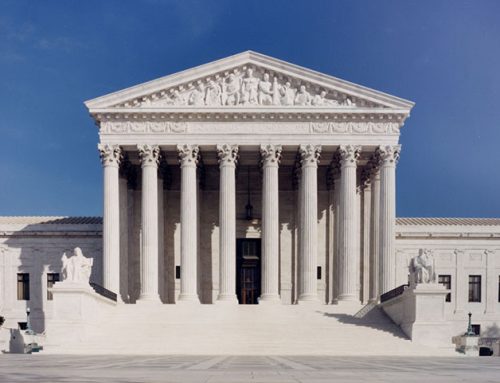South Dakota Implements Stringent Cannabis Regulations Amidst Growing Industry Scrutiny
LOS ANGELES- This week, South Dakota Governor Kristi Noem (R) enacted two significant pieces of legislation aimed at tightening control over the cannabis industry within the state. The first bill empowers law enforcement and other governmental bodies to conduct searches and take disciplinary actions against medical cannabis businesses. The second piece of legislation targets the intoxicating hemp market by banning certain chemically altered hemp products. These measures reflect the state’s cautious stance towards the burgeoning cannabis sector, highlighting a trend of increasing regulatory scrutiny.
Governor Noem’s decision to sign these bills into law marks a critical juncture for South Dakota’s cannabis industry. The legislation allowing for increased oversight of medical cannabis establishments reverses previous protections and is set to take effect on July 1. Passed with significant majority votes in both legislative chambers, this move signals a strong bipartisan consensus for stricter regulation of cannabis operations, particularly those licensed under the state’s voter-approved medical cannabis law in 2022.
The legislation’s provisions permit law enforcement and governmental agencies to “search, seize, prosecute, or impose disciplinary action” against entities involved in the cultivation, manufacturing, testing, and distribution of medical cannabis. This development raises concerns among industry stakeholders about the potential impact on operational transparency and business security.
In a consecutive legislative action, Governor Noem approved a bill that strictly prohibits the chemical modification of industrial hemp into intoxicating compounds, including various THC isomers like delta-8, delta-9, and delta-10 THC. This law, receiving overwhelming support in both the House and Senate, underlines the state’s commitment to curbing the availability of psychoactive hemp-derived products. The measure introduces stringent penalties for violations, including jail time and fines, underscoring the seriousness with which South Dakota views the regulation of hemp and its derivatives.
The enactment of these laws reflects a broader narrative of cautious regulation and oversight in the rapidly evolving cannabis industry. South Dakota’s approach aims to balance the voter-mandated legalization of medical cannabis with public safety concerns and the prevention of unregulated intoxicating substances. However, these regulatory measures also prompt a dialogue about the balance between state oversight and the entrepreneurial freedoms within the cannabis sector.
As South Dakota navigates these regulatory waters, the implications for the medical cannabis and hemp industries are profound. Businesses operating within these sectors will need to adapt to increased scrutiny and adjust their practices to comply with the new legal landscape. Moreover, these legislative actions could serve as a bellwether for other states grappling with similar regulatory challenges, highlighting the complex interplay between industry growth, consumer safety, and governmental oversight in the ever-evolving cannabis market.



































